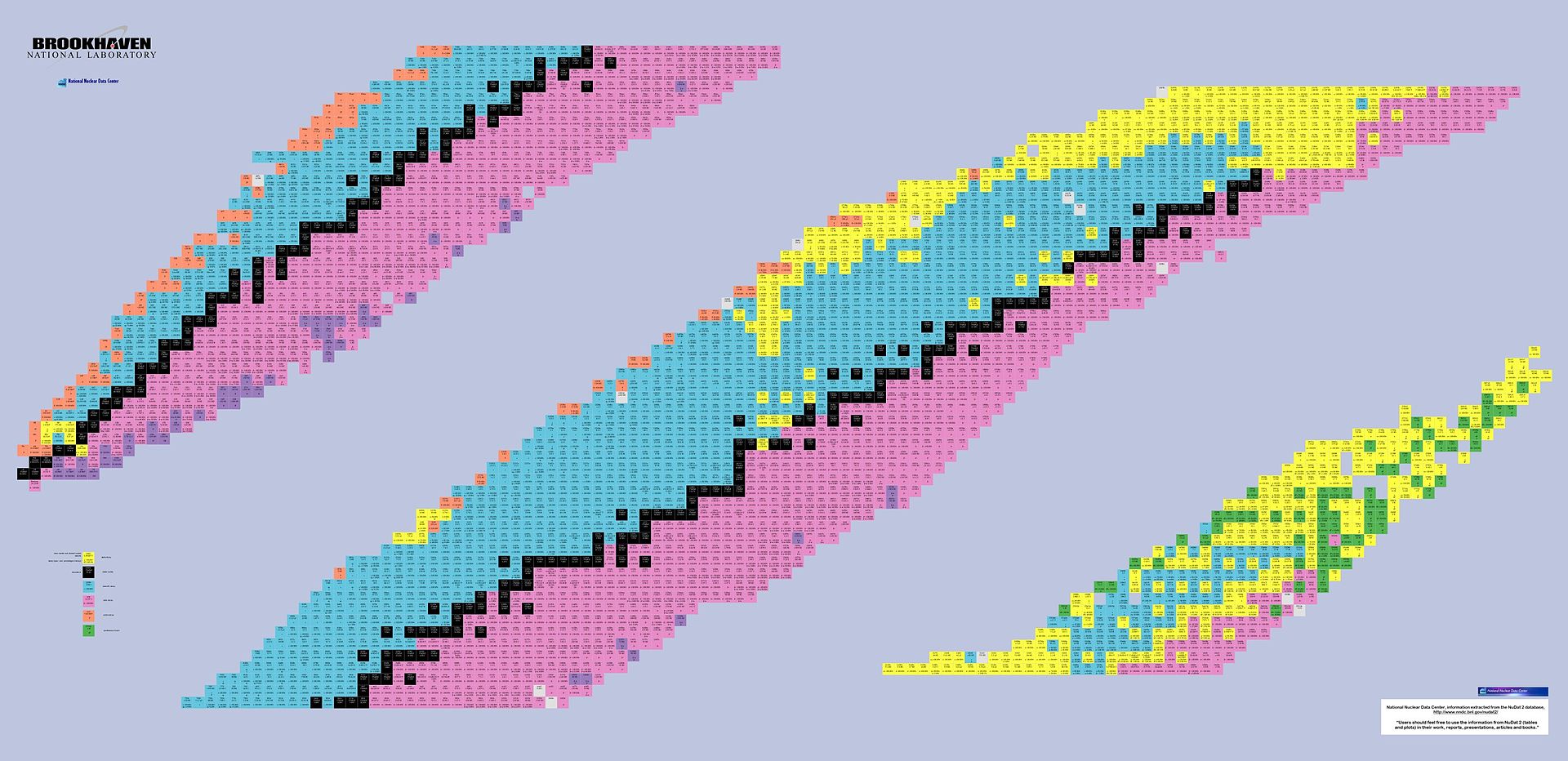I'm going to see Deerhoof in London next week. If you're as excited about it as me, you might want to check out the video below
All about nuclear physics - research, news and comment. The author is Prof Paul Stevenson - a researcher in nuclear physics in the UK. Sometimes the posts are a little tangential to nuclear physics.
Friday 20 February 2015
Monday 16 February 2015
No physics PhDs were awarded in the UK before 1990
The panel which judged the physics submissions as part of the recent REF has written an overview report on its findings. The panel was responsible for several subjects across science and engineering, and the report consists of a general section covering its whole remit, followed by sections on each individual discipline.
The specific mention of nuclear physics in the report was a little damning. It reads
Nuclear physics had a smaller share of world-leading outputs compared with other areas. This may be due to the failure of the UK to invest in major international facilities in the last 20 years, thus reducing the scope of UK research and influence in this field. There is concern that the small number of theoretical nuclear physicists is sub-critical and that this weakens the theoretical underpinning of the subject.
The comparison in the first sentence is unfortunate, and even if the outputs (research papers, basically) are good on some kind of absolute scale, the reading is that nuclear groups drag their departments down a bit, on average. It's curious where the panel suggests the blame may lie – not that we are (necessarily) duffers, but are struggling along with sub-critical support.
The earlier part of the report has some interesting statistics in it. For example, it gives the number of PhDs awarded in each of the panel's sub-areas, including physics. I decided to make a plot of the numbers, which they give for the years 2009, 2010, 2011, 2012 & 2013. The results are in the left-hand panel of the attached plot, represented by squares. I include, too, a line of best fit, showing the clear trend of steady increase.
In the right-hand panel, that trend line is extended back, and it is seen that it the line crosses the zero mark around the year 1990. Clearly, then, one should treat with scepticism any claims by people who say they got a PhD in physics in the UK prior to 1990.
Monday 2 February 2015
Isotopes from 2014
The annual update from the Isotope Discovery Project hit the arXiv preprint server last week. According to it, 2014 saw the first ever human observation of Neon–15, Cobalt–77, Nickel–80, Iridium–164, Actinium–205 and Lawrencium–266. Welcome, new nuclides! Oh, except you've all decayed already. Well, It was nice to see you all, albeit fleetingly.
Subscribe to:
Posts (Atom)

